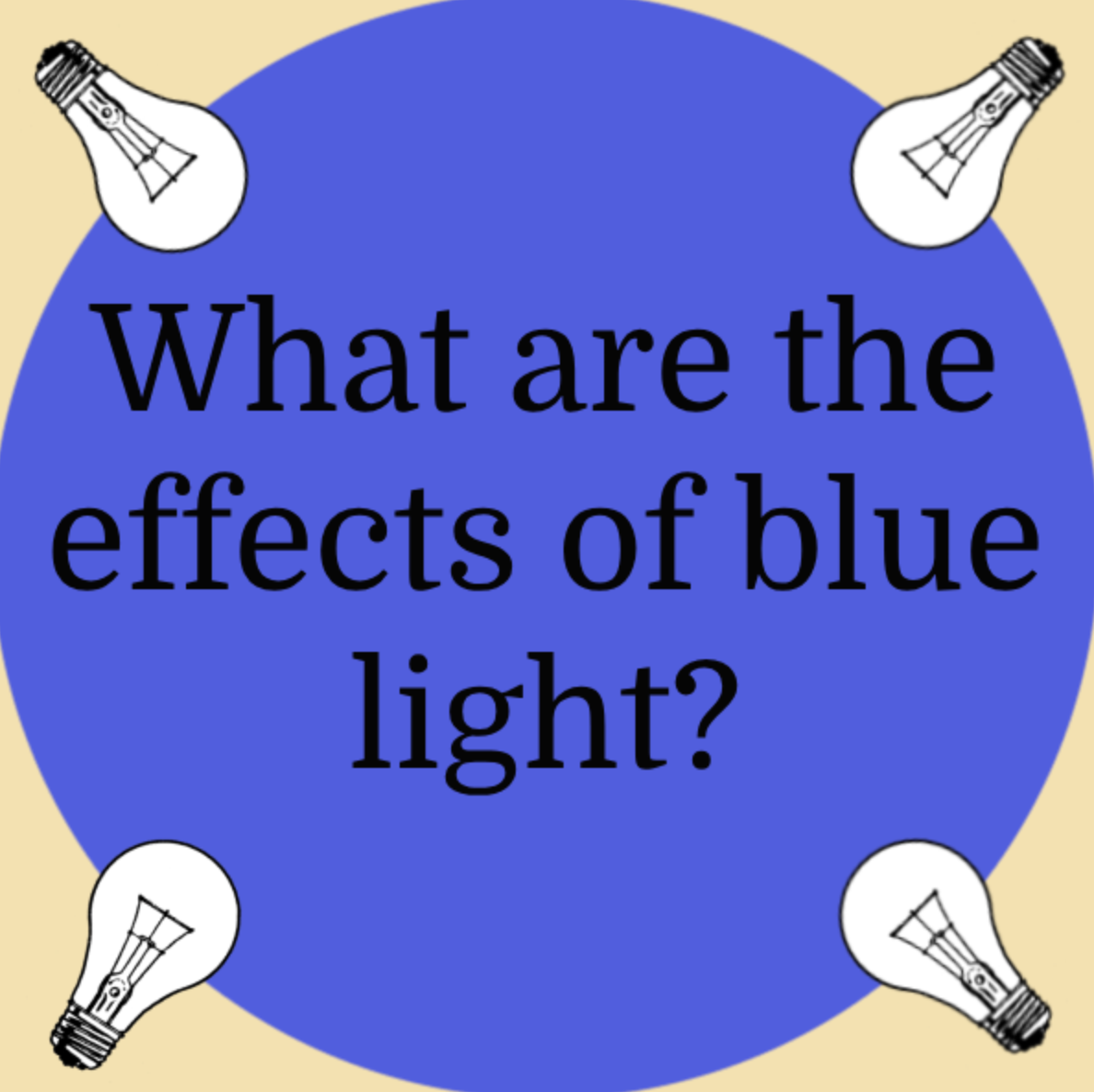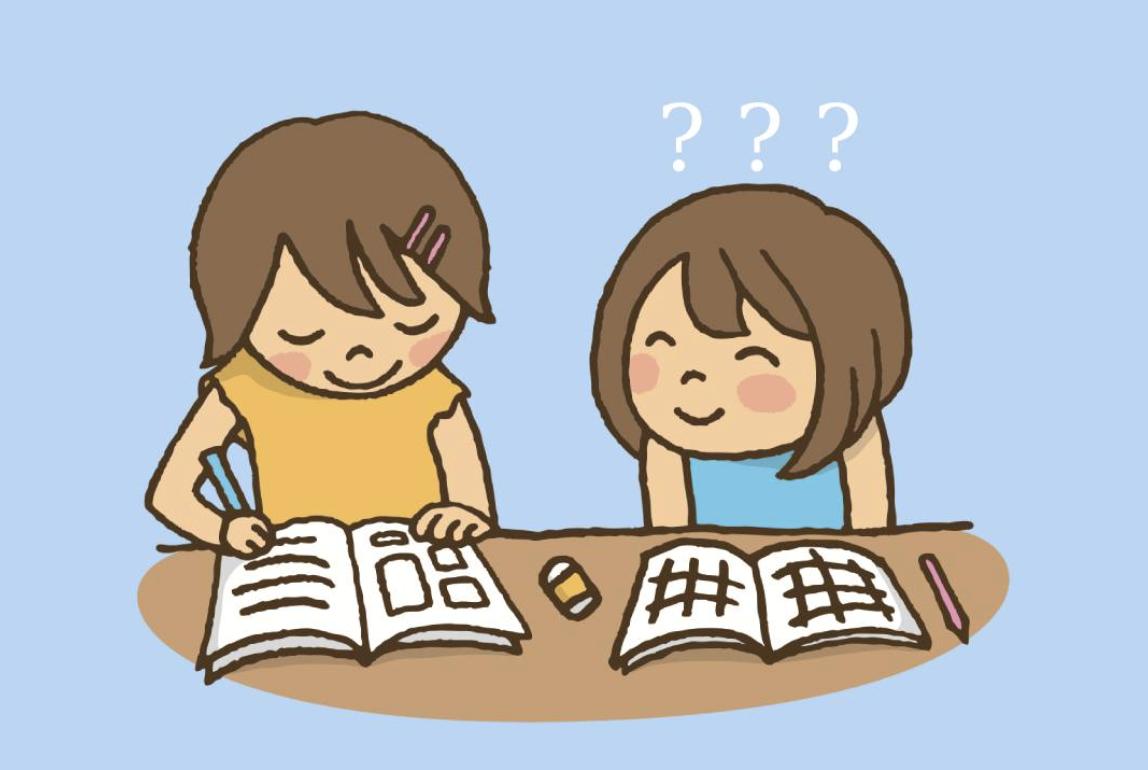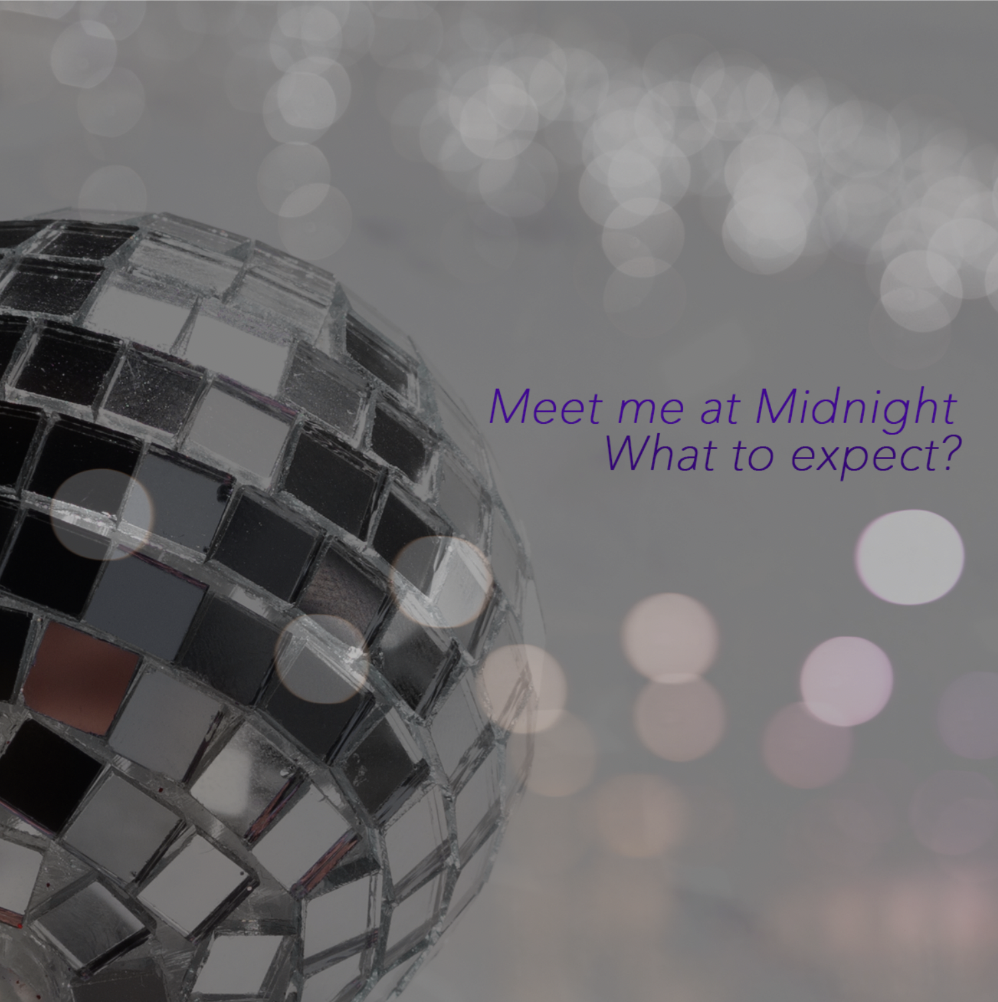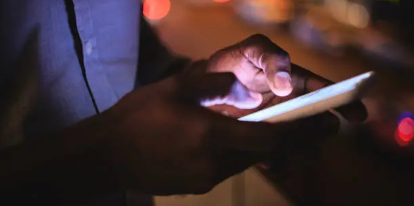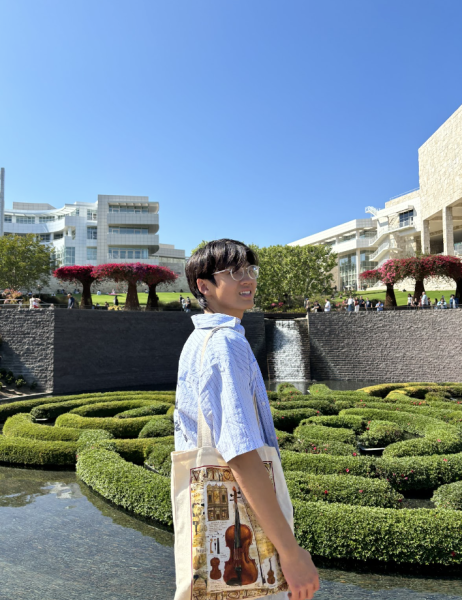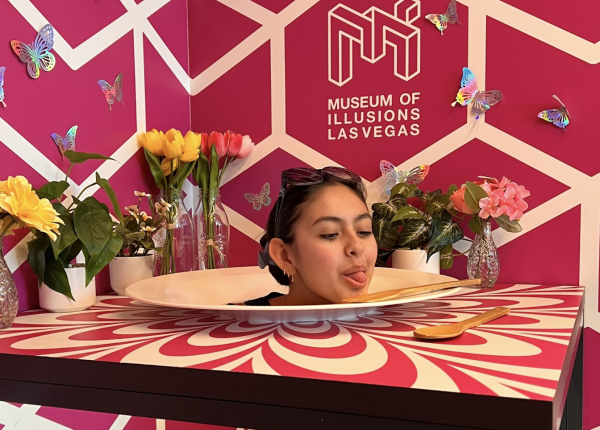If you are an average high school student in our modern-day world, more than likely, your smartphone is a constant companion from the time you wake up to press “snooze” on your alarm to the last post or video that captures your attention before falling asleep. In the news, there are countless reminders of the harmful influences of social media and video games on teenagers’ mental health. While the accusations and reports do include validity, there are many more effects of our tiny screens that go beyond just our mental health.
What physical harm is caused by extended screen time?
- Less Active Lifestyle: Using our phones for extended periods typically leads to prolonged sitting or resting periods. In moderation, these effects are minimal, but over time, they can advance into other complications related to obesity, diabetes, and heart conditions. [1]
- Posture Issues: Most teenagers consuming content on their phones are not concerned with their posture, increasing the rate of scoliosis, strain-related injuries, and general back and neck pain. Even in the short term, not being conscious of the physical effects of technology leads to temporary rounded shoulders, hunched backs, and forward head postures. [1]
- Vision Issues: With average teenage screen times of 8 hours, there has been an influx of eye strain, dryness, inflammation, and short-term vision haziness across the country. Specifically, blue light emitted by screens in dark settings quickly disrupts standard REM sleep patterns and causes long-term visual difficulties. [1]
How should we mitigate the effects in our day-to-day lives?
One common approach to reducing screen time is setting limits using in-built device features. The effectiveness of limit setting heavily depends on your discipline, as there is an ease in turning off such features and feelings of ‘FOMO’ when not being actively engaged with a group of close friends. To combat the social aspect of reducing screen time, it may be beneficial to establish boundaries between friends and motivate each other by setting realistic goals and keeping up with them periodically.
For posture, being mindful of how you are sitting while using screens is essential to prevent pain and future complications. Instead of sitting at the edge of a chair with a hunched back, you could place your back against the chair’s backrest. When looking at your phone, you could lift your arms instead of your back when trying to prop a device closer to your eyes. Scooting a chair closer to the table can reduce an arched back while reclining on a computer. [2]
Concerning vision complications, there are many preventive measures you can carry out to reduce the amount of blue light entering your eyes. In many cases, the amount of blue light entering your eye is significantly lowered with a lighter setting. According to Patel [3], “less screen use in poorly lit settings resulted in less frequent blink rates, less eye strain, and less fatigue.” Nevertheless, using screens in dark environments remains a preference for many, so reducing the damage can serve as a better solution. The most straightforward remedy is enabling red light-only modes on your devices. Unlike blue or green light emitted during typical uses, red light is significantly less stimulating and is easier on the eyes when surrounded by a dark environment.
Unfortunately, our phones and other personal devices have evolved from essential productivity tools to unrelenting attention seekers, which we have no easy way out. The reality is that many of us cannot turn off the endless content on our pages, but let us at least be mindful of the long-term effects on our health and the steps to reduce its harm to our bodies.



